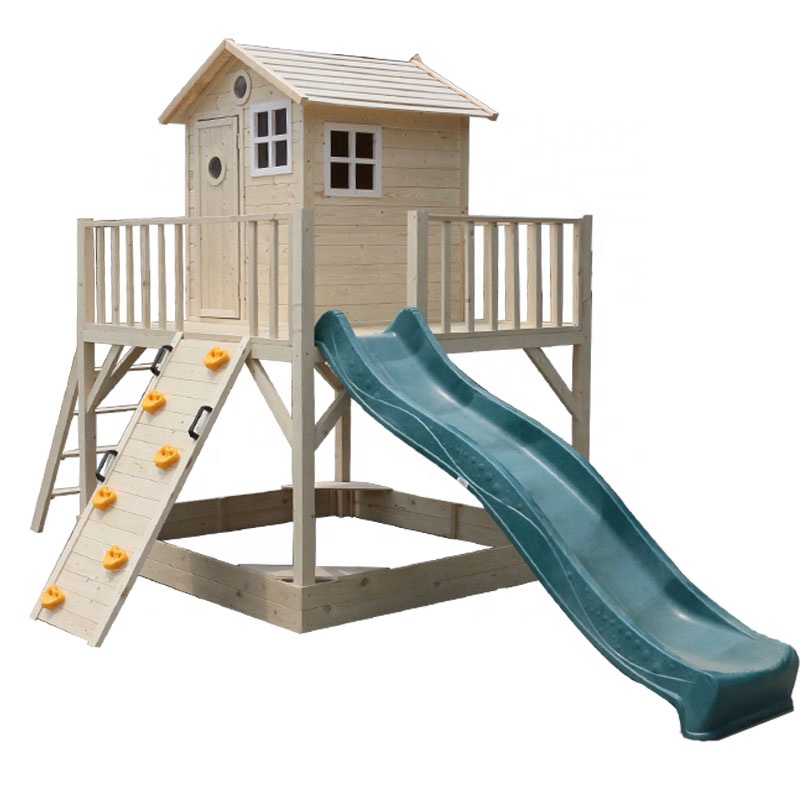Introduction: Play houses have therapeutic benefits that extend beyond playtime fun. These miniature havens offer a nurturing and safe space for children to explore and process their emotions, enhancing emotional regulation and coping skills. In this blog, we’ll delve into the therapeutic nature of play houses, understanding how they support emotional well-being and provide valuable tools for children’s emotional development.
- Emotional Release and Expression: Children use play houses as a medium for emotional release, acting out feelings and experiences in a non-threatening environment.
- Coping with Stress and Anxiety: Engaging in imaginative play within the play house can act as a stress-reliever, helping children cope with anxiety and uncertainty.
- Role-Playing and Problem-Solving: As children assume different roles and navigate play house scenarios, they learn effective problem-solving strategies and adaptive coping mechanisms.
- Building Resilience: Pretend play within the play house fosters emotional resilience, empowering children to face challenges and bounce back from setbacks.
- Bonding and Social Support: Playing with others in the play house setting creates opportunities for bonding and social support, promoting a sense of emotional security.
Conclusion: Play houses serve as therapeutic havens that enhance emotional release and expression, coping with stress and anxiety, role-playing and problem-solving, building resilience, and fostering social bonding. By encouraging children to engage in play house activities, parents and therapists provide them with a valuable tool for emotional regulation and coping skills development. The therapeutic nature of play houses creates a safe and empowering space where children can explore their emotions, build resilience, and cultivate emotional well-being for a brighter and emotionally balanced future.








